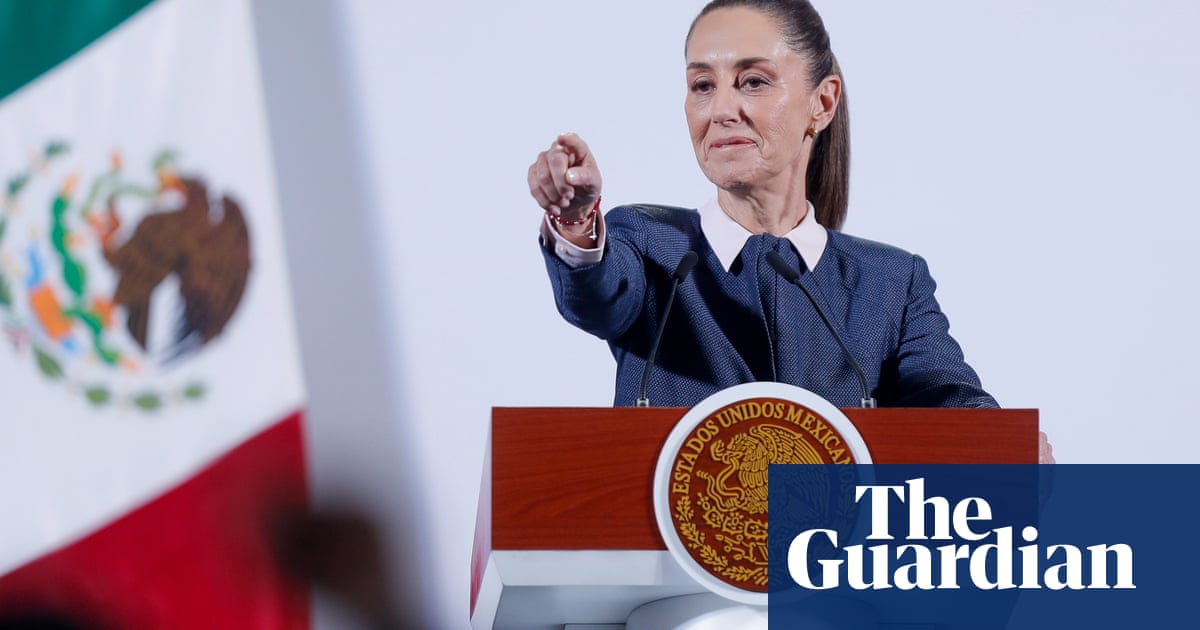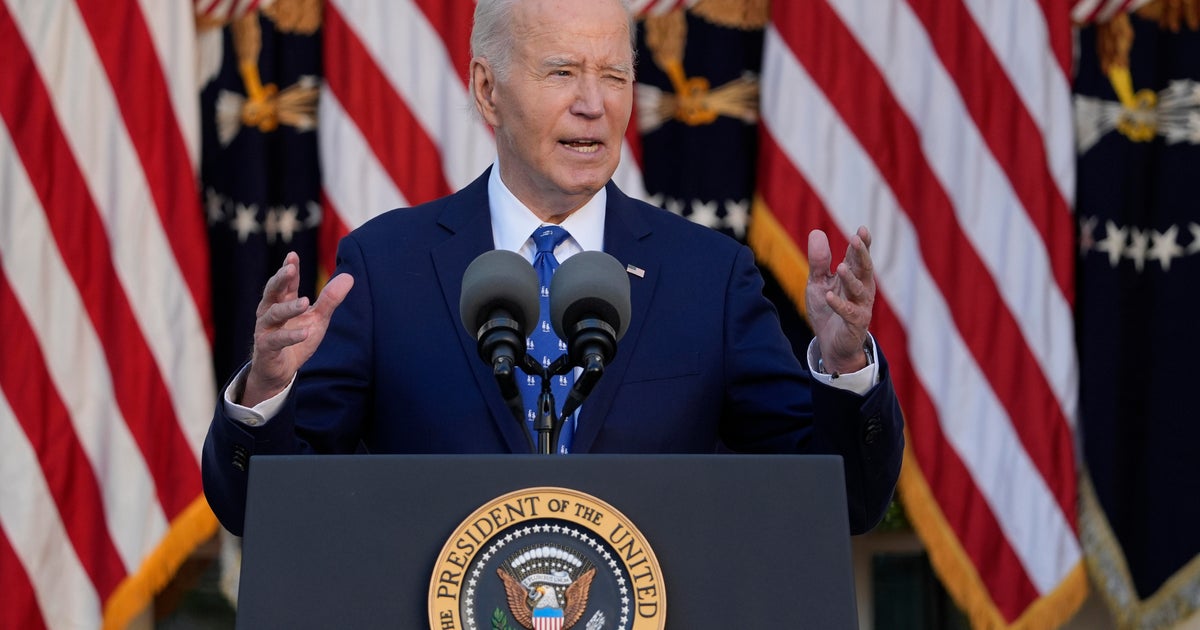World
US trade partners warn Trump tariffs would harm all involved

*
Mexico president plans letter to Trump, will seek a call
*
Bank of Canada sees clear impact on both economies
*
Tariff threat knocks Mexico peso, Canadian dollar, but stocks hold up
Nov 26 – Officials from Mexico, Canada and China warned U.S. President-elect Donald Trump’s threat of imposing hefty tariffs on goods from the three largest U.S. trading partners would harm the economies of all involved and would risk aggravating inflation and damaging job markets.
In their initial round of responses to Trump’s surprise announcement on Monday for a 25% tariff on imports from Canada and Mexico and an additional 10% levy on Chinese goods until they clamped down on illicit drugs and migrants crossing the border, leaders and other top officials urged dialogue and cooperation.
“To one tariff will come another and so on, until we put our common businesses at risk,” Mexican President Claudia Sheinbaum said during a regular press conference. Sheinbaum said she planned to send a letter to Trump and would seek a call with him to discuss the issue.
A Bank of Canada official, meanwhile, said it was clear that any move by Trump to deliver on the threat would reverberate on both sides of the U.S. northern border.
“What happens in the U.S. has a big impact on us, and something like this would clearly have an impact on both economies,” Deputy Governor Rhys Mendes said during an audience question and answer session in Charlottetown, Prince Edward Island.
Earlier, a spokesperson for China’s embassy in Washington said: “No one will win a trade war or a tariff war.”
As of September, U.S. Commerce Department data showed the three countries had shipped more than $1 trillion of goods to the United States in the first nine months of the year, with Mexico ranking first, followed by China and then Canada.
FOCUS ON FENTANYL
Trump, who takes office on Jan. 20, had pledged throughout his campaign to levy tariffs of varying degrees on U.S. trading partners, part of his promise to “put America first.”
Imposing import duties was a major policy plank during his first four-year term and, like now, he has also threatened them for non-economic reasons. In 2019, he threatened 5% tariffs on Mexico to achieve its cooperation in tightening border controls.
In the current case, the flow into the U.S. of illicit drugs, particularly fentanyl, was added to his mix of grievances with the three countries. The number of U.S. deaths from fentanyl overdoses actually declined in 2023, according to the Centers for Disease Control and Prevention, although nearly 75,000 people still succumbed to the powerful opioid.
Regarding China specifically, Trump in a posting on his social media site said: “Until such time as they stop, we will be charging China an additional 10% Tariff, above any additional Tariffs, on all of their many products coming into the United States of America.”
It was not entirely clear what this would mean for China as he has previously pledged to end China’s most-favored-nation trading status and slap tariffs on Chinese imports in excess of 60% – much higher than those imposed during his first term.
Trump’s threatened new tariffs would appear to violate the terms of the U.S.-Mexico-Canada Agreement on trade. The deal, which Trump signed into law, took effect in 2020 and continued the largely duty-free trade between the three countries, although the deal sunsets in 2026.
Warren Maruyama, former general counsel for the U.S. Trade Representative under President George H.W. Bush, said Trump’s threat could be acted on with relative ease by making a national emergency declaration, which would unlock the International Emergency Economic Powers Act.
“If precedent is any indication, it’s a serious uphill fight,” to challenge actions taken under that umbrella.
Trump’s broadside late on Monday sent the Mexican and Canadian currencies tumbling, although U.S. stock markets largely took the development in stride, with many investors seeing it as the opening bid to a nomination than as a certainty.
Shares of some companies seen particularly vulnerable, such as automakers Ford and General Motors, fell sharply.
“Given the post makes an explicit reference to the flow of people and drugs across the southern and northern borders, it suggests this specific tariff threat is more of a negotiating tool than a revenue raiser,” said Thomas Ryan, North America Economist at Capital Economics.
“It leaves the door open to Canada and Mexico coming up with a credible plan over the next two months to try and avoid those tariffs.”
This article was generated from an automated news agency feed without modifications to text.








